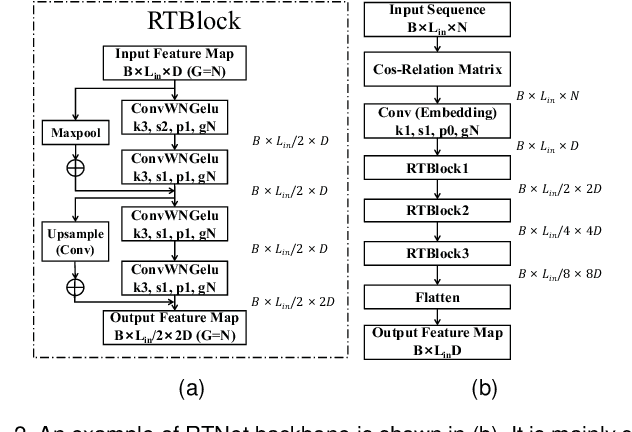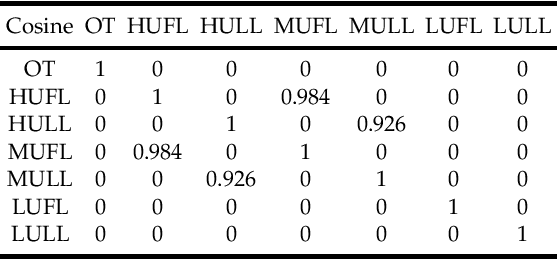Respecting Time Series Properties Makes Deep Time Series Forecasting Perfect
Paper and Code
Jul 22, 2022



How to handle time features shall be the core question of any time series forecasting model. Ironically, it is often ignored or misunderstood by deep-learning based models, even those baselines which are state-of-the-art. This behavior makes their inefficient, untenable and unstable. In this paper, we rigorously analyze three prevalent but deficient/unfounded deep time series forecasting mechanisms or methods from the view of time series properties, including normalization methods, multivariate forecasting and input sequence length. Corresponding corollaries and solutions are given on both empirical and theoretical basis. We thereby propose a novel time series forecasting network, i.e. RTNet, on the basis of aforementioned analysis. It is general enough to be combined with both supervised and self-supervised forecasting format. Thanks to the core idea of respecting time series properties, no matter in which forecasting format, RTNet shows obviously superior forecasting performances compared with dozens of other SOTA time series forecasting baselines in three real-world benchmark datasets. By and large, it even occupies less time complexity and memory usage while acquiring better forecasting accuracy. The source code is available at https://github.com/OrigamiSL/RTNet.
 Add to Chrome
Add to Chrome Add to Firefox
Add to Firefox Add to Edge
Add to Edge